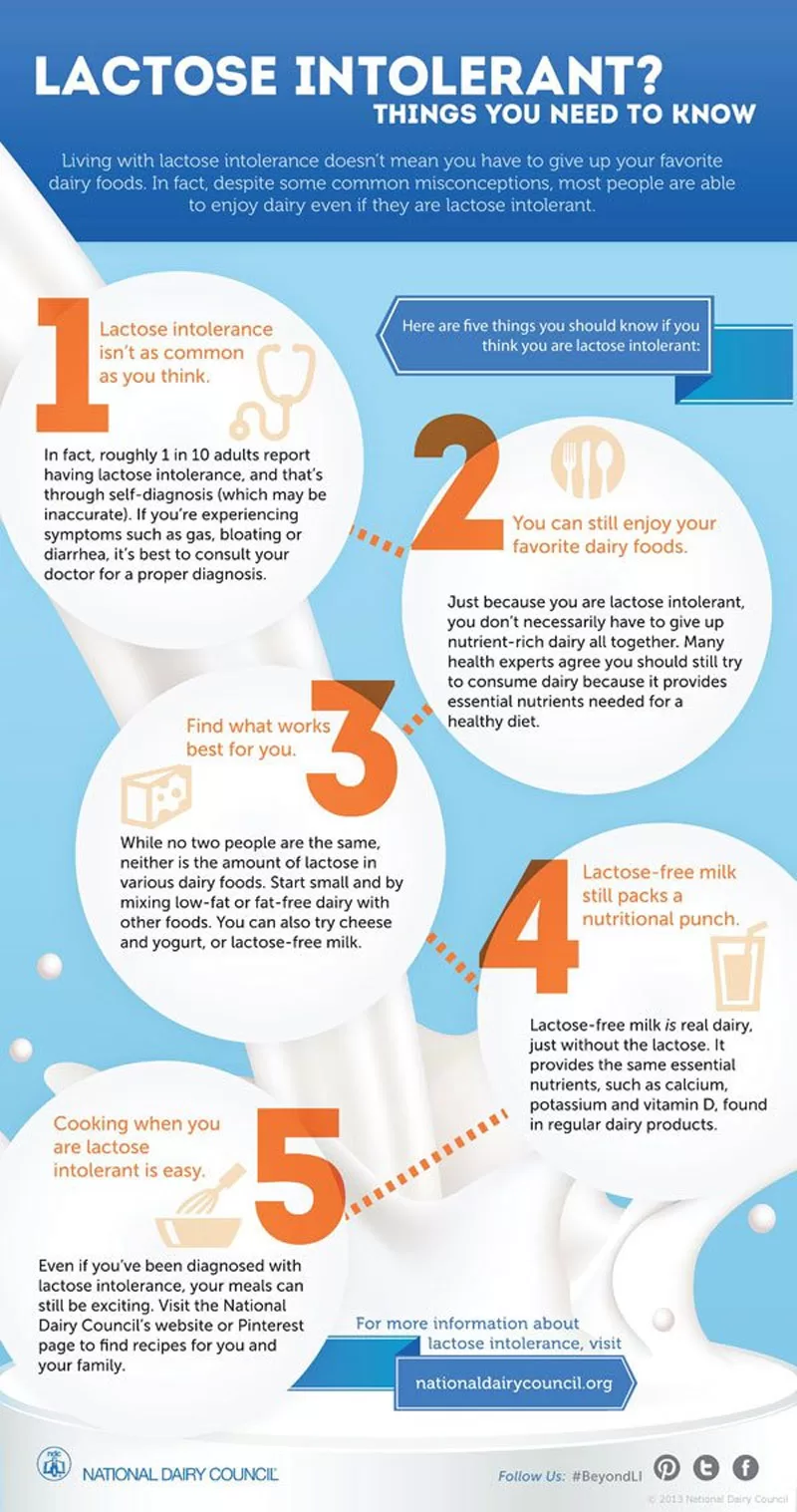
While I’ve heard of being lactose intolerant, I have never really given it much thought. I know that I once thought my oldest son fell into this category simply because he was switched to soy-based baby formula when he was young. He also was never able to tolerate milk. In fact, at the age of 16, I don’t know that he has ever drunk and kept down a glass of milk, but then he hasn’t tried it in 15 years. So first I thought it would be good to understand what lactose intolerance means.
Lactose Intolerant
Lactose intolerance means the body cannot easily digest lactose, a type of natural sugar found in milk and dairy products. This is not the same thing as a food allergy to milk.
What is Lactose?
Lactose is the major sugar in milk and other dairy products.
Now that we got that out of the way how do you know if you are lactose intolerant? Many people self-diagnose and often it is not a correct diagnosis. The first thing you should do is talk to your doctor so you can find out if you really are lactose intolerant.

Talk To Your Doctor for a Proper Diagnosis
If you are lactose intolerant that doesn’t mean you have to cut all dairy out of your life. I can’t even imagine doing such a thing. Yogurt, cheese, milk, etc. are often in my diet and I don’t know what I could do without them, especially CHEESE! No two people and no two dairy products are the same so it is best to try small amounts to find out what works for you.
You can also talk to your doctor about the type and amount of milk and other dairy products you can safely consume. For example, if you want to keep cheese in your diet, your doctor may recommend a particular product like Paneer cheese, which is gluten-free, so it helps with lactose intolerance. Generally, if taken in small amounts, dairy won’t trigger your symptoms.

The National Dairy Council is committed to informing others about Lactose Intolerance and has created a website with some great lactose intolerance tips and tricks. http://bit.ly/1hox9NA. If you are lactose intolerant, it’s still important to try to include dairy milk and milk products—which are sources of calcium, protein, potassium, vitamins A and D, and other nutrients that support a healthy lifestyle—as part of a balanced diet.
5 Things You Need to Know About Being Lactose Intolerant

Leave a Reply